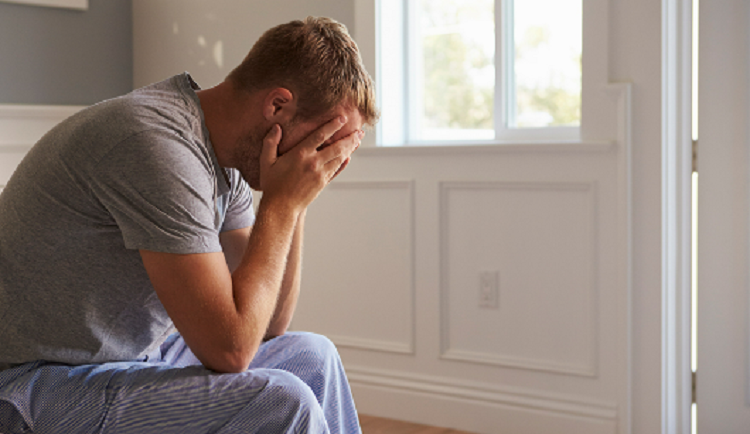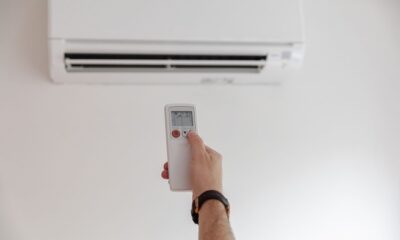Health & Fitness
Hormonal Imbalance and Erectile Dysfunction

Erectile dysfunction (ED) is a complex condition with various contributing factors, and hormonal imbalance is a crucial aspect that often plays a significant role. In this article, we’ll explore the intricate connection between hormonal fluctuations and ED, shedding light on how addressing hormonal imbalances, through innovative approaches like regenerative medicine, can be a key component in restoring healthy erectile function.
Understanding Hormonal Imbalance and Its Impact
Hormones and Sexual Function
Hormones serve as messengers in the body, regulating numerous functions, including sexual health. Testosterone, the primary male sex hormone, plays a pivotal role in maintaining erectile function, libido, and overall sexual well-being. Imbalances in testosterone and other hormones can disrupt this delicate equilibrium.
The Role of Testosterone
Testosterone is crucial for stimulating the production of nitric oxide, a key player in the process of achieving and maintaining an erection. When testosterone levels are insufficient, this process can be compromised, leading to difficulties in achieving or sustaining an erection.
Common Causes of Hormonal Imbalance
Age-Related Decline
Men’s testosterone levels naturally decrease with age. This age-related decrease, known as andropause, can contribute to hormonal imbalances and, subsequently, erectile dysfunction. Recognizing age-related changes is essential for understanding and addressing hormonal fluctuations.
Medical Conditions
Certain medical conditions, such as diabetes and obesity, can disrupt hormonal balance and contribute to ED. Conditions affecting the endocrine system, including hypothyroidism and hyperthyroidism, can also play a role in hormonal imbalances that impact sexual health.
Lifestyle Factors
Unhealthy lifestyle choices, including poor diet, lack of exercise, and excessive alcohol consumption, can contribute to hormonal imbalances. Adopting a healthier lifestyle can positively influence hormonal levels and mitigate the risk of ED.
Identifying Symptoms of Hormonal Imbalance
Low Libido
A decrease in libido or sex drive is a common symptom of hormonal imbalance, particularly low testosterone. Individuals experiencing a noticeable decline in sexual desire should consider evaluating their hormonal status.
Fatigue and Mood Changes
Hormonal imbalances can lead to feelings of fatigue, irritability, and mood swings. These symptoms may impact overall well-being and contribute to sexual difficulties.
Changes in Body Composition
Maintaining bone density and muscle mass is made simpler by testosterone. Hormonal imbalances can result in changes in body composition, such as decreased muscle mass and increased body fat, which may be associated with sexual health issues.
Seeking Professional Guidance
Consultation with Healthcare Professionals
Individuals experiencing symptoms of hormonal imbalance and ED should seek guidance from healthcare professionals specializing in sexual health and endocrinology. These experts can conduct thorough assessments, recommend appropriate testing, and tailor personalized treatment plans.
Conclusion
Understanding the connection between hormonal imbalance and erectile dysfunction is a crucial step in addressing the root causes of sexual health issues. Recognizing symptoms, identifying contributing factors, and seeking professional guidance are essential for developing effective treatment strategies. By navigating the intricate interplay of hormones, individuals can take proactive steps towards restoring hormonal balance, regaining confidence, and enjoying a satisfying and fulfilling sexual life. Remember, the journey to overcoming ED begins with understanding the role of hormones and seeking the support of qualified healthcare professionals. Click here to learn more.















You must be logged in to post a comment Login